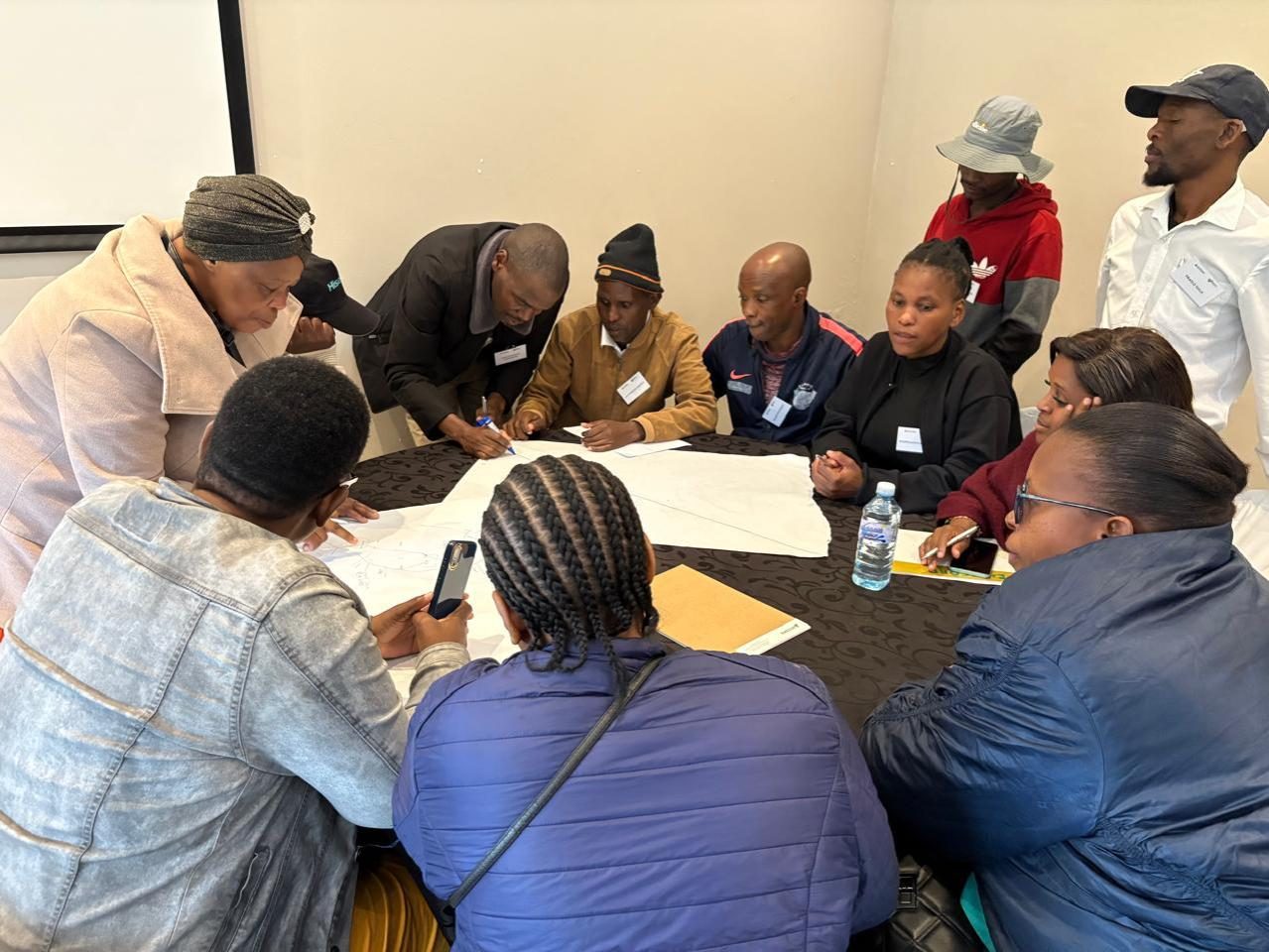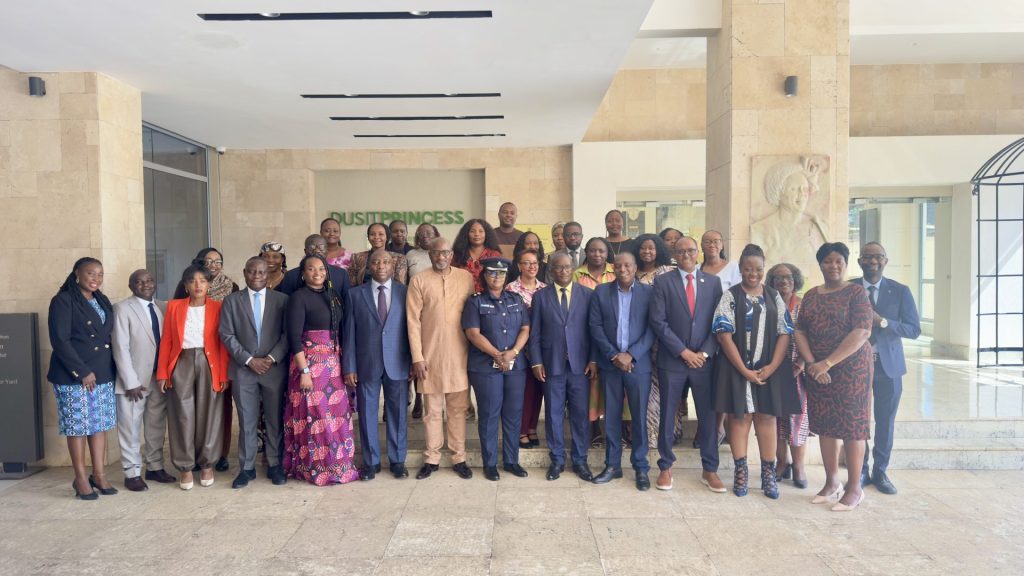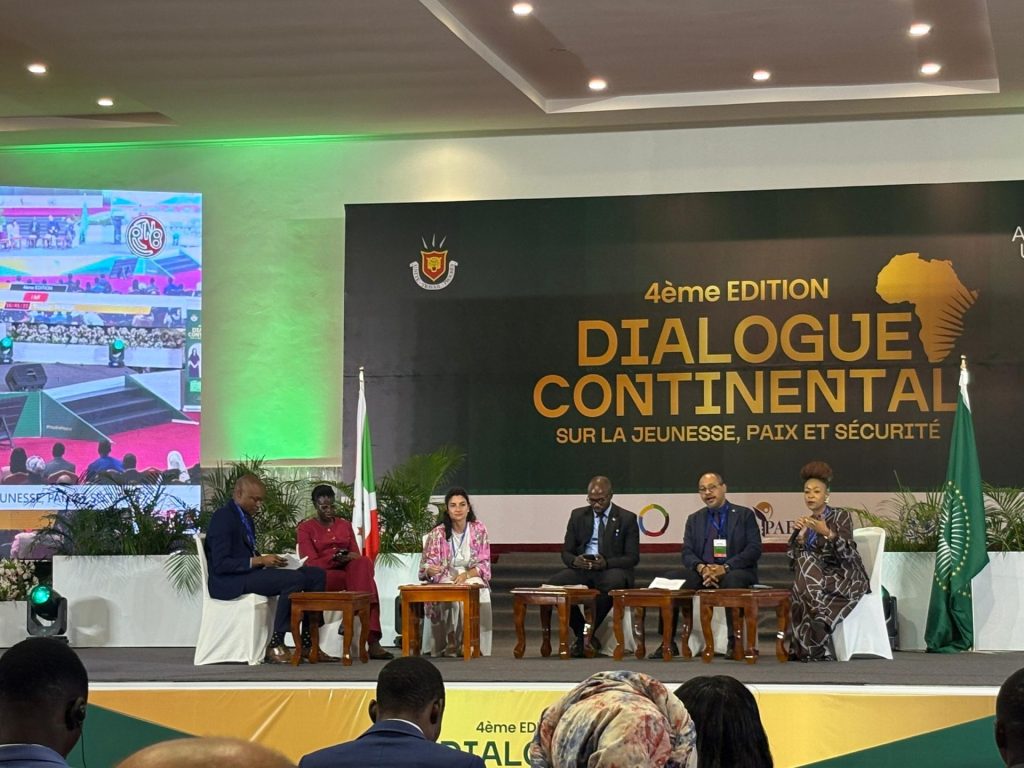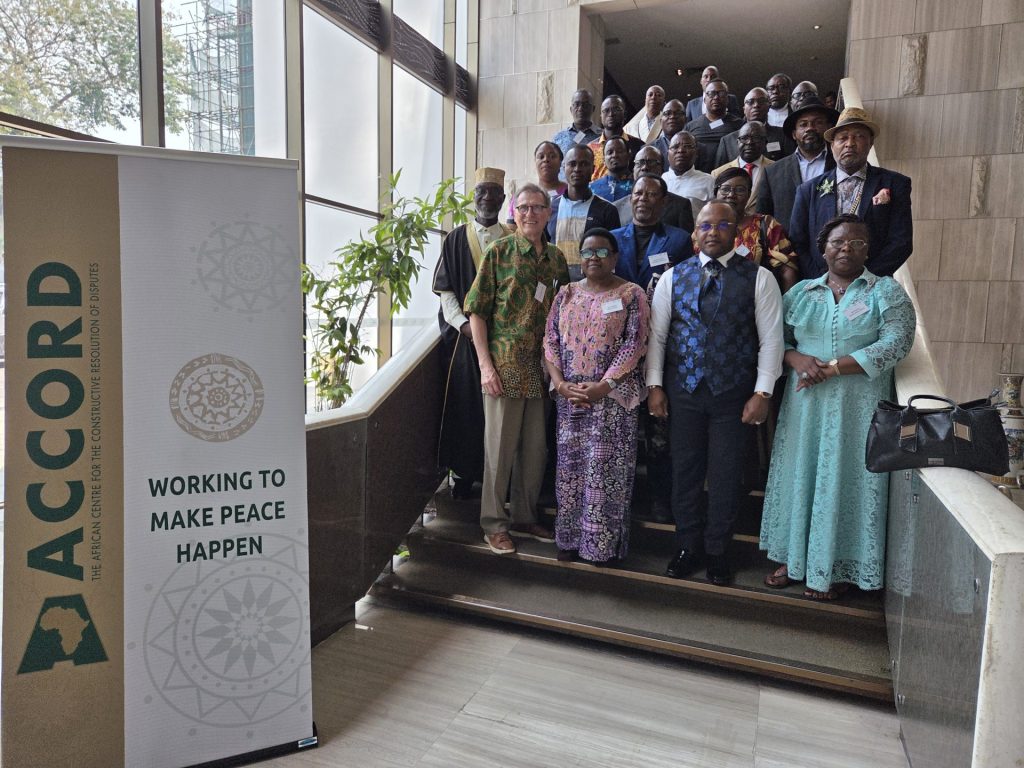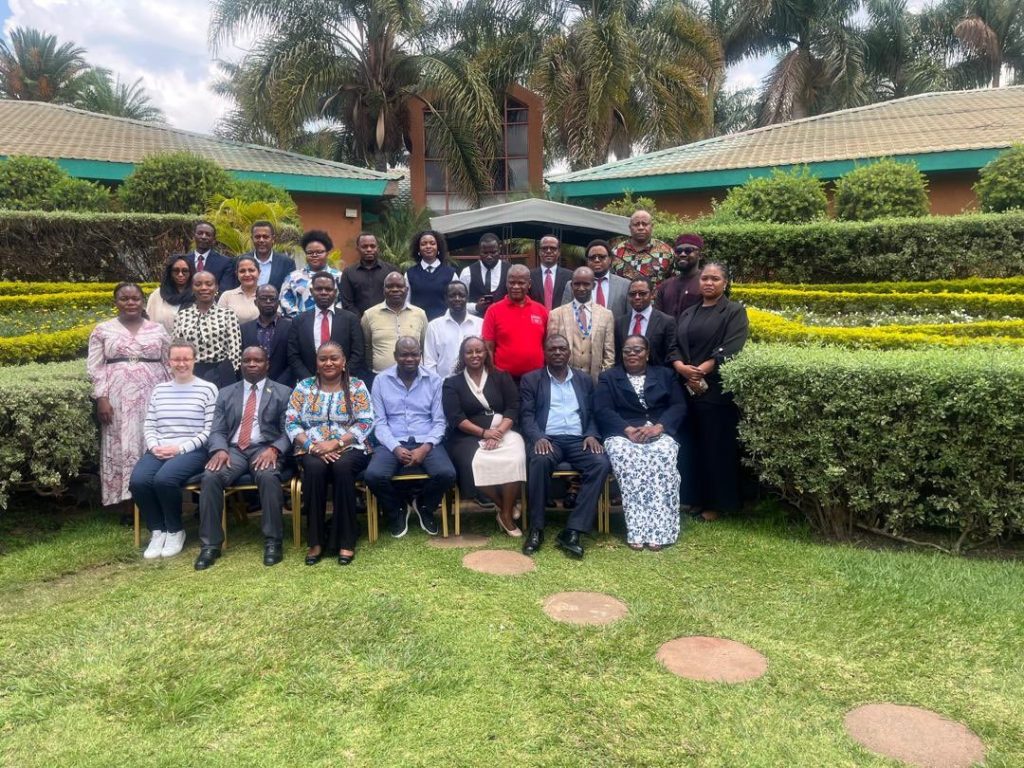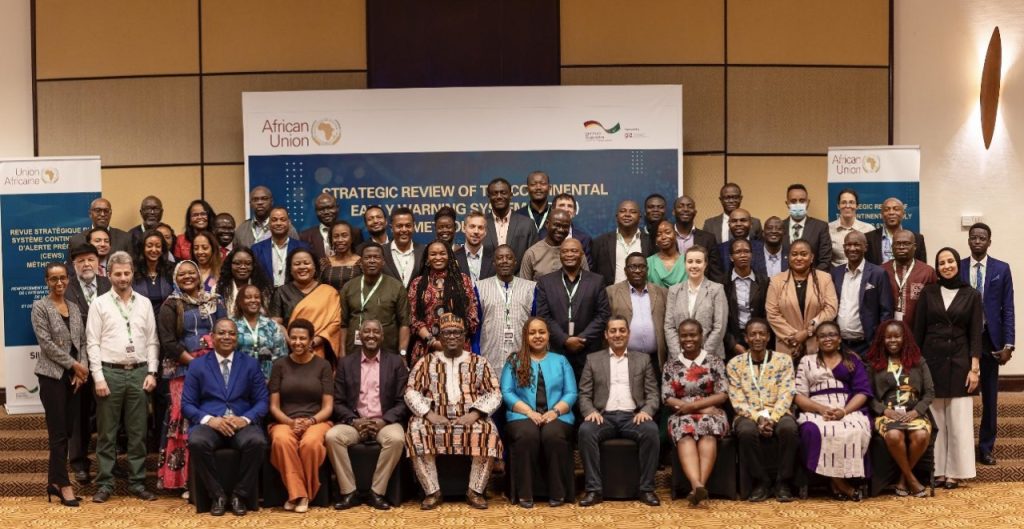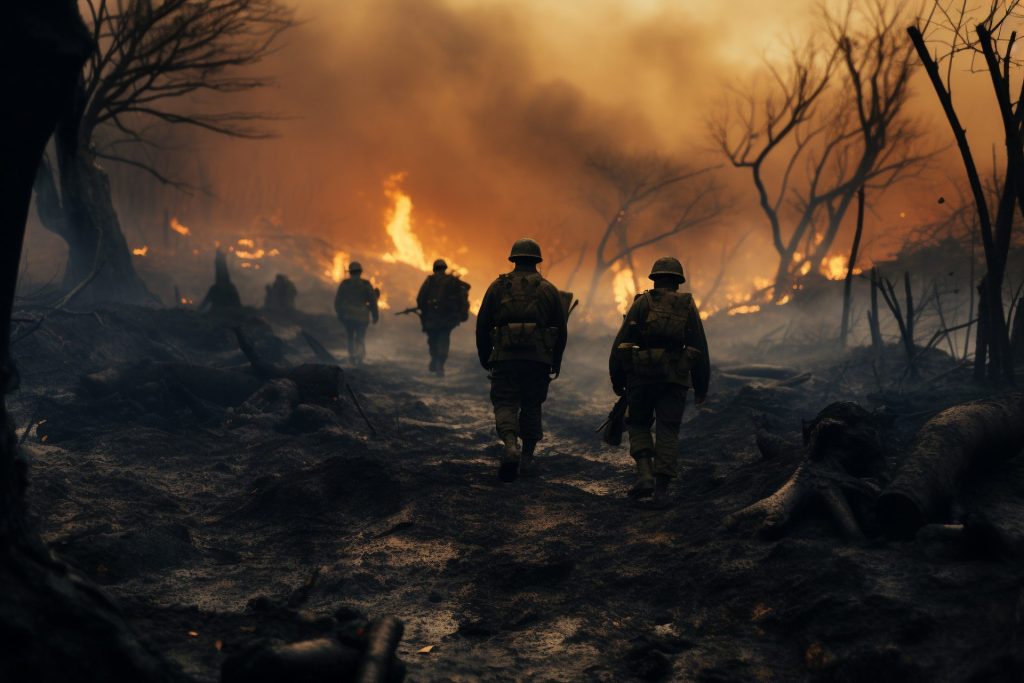From 15–22 July 2025, ACCORD, in partnership with Agenda GL, convened a series of community consultation workshops in Durban with the communities of Isipingo, KwaMashu, and Umlazi. During the workshops, participants were, asked to draw maps of their communities and identify several hotspots and safe areas within their wards. This participatory mapping exercise enabled residents to visually, reflect on their lived environments, highlighting both areas of concern and spaces of safety. The consultations created a safe and inclusive space for residents to share their experiences, express their hopes for the future, and collaborate on practical solutions to the challenges facing their communities. This initiative reinforces the belief that peace is possible when communities lead the conversation and every voice is included in shaping a better future. These dialogues served not only as a platform for healing and connection but also as a crucial step in rebuilding trust, promoting active citizenship, and strengthening social cohesion in areas historically affected by division and unrest.
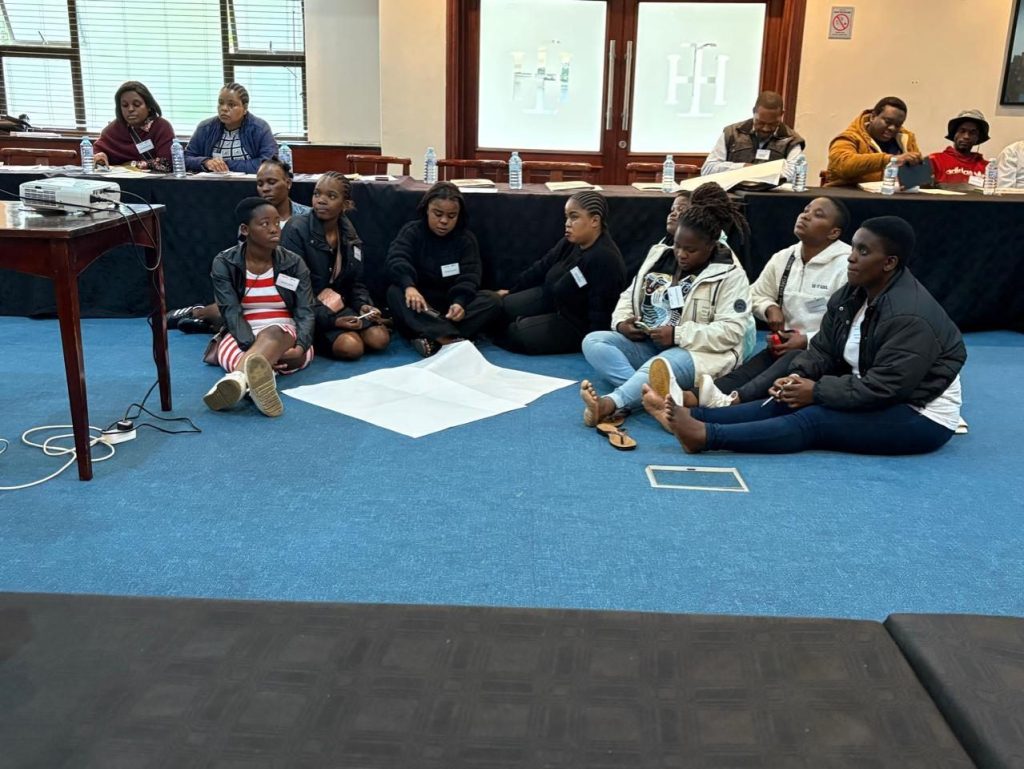
The three workshops brought together a diverse group of local stakeholders, including ward committee members, representatives from community-based organisations, youth leaders, elders, gender activists, and church leaders. Over the three days, participants from the respective communities, engaged in strategic dialogues to identify key social cohesion challenges within their communities. Through guided discussions and participatory mapping, the consultations explored critical themes such as gender-based violence (GBV), xenophobia and migration-related tensions, racial discrimination, political exclusion and marginalisation, along with other grievances rooted in lived experiences.
The consultations revealed a range of interconnected challenges affecting individuals from various backgrounds and identities. Participants expressed concerns about ongoing workplace discrimination, particularly towards new employees who are frequently unfairly judged based on their qualifications or roles, leading to sidelining and criticism instead of support for their growth. In discussions on xenophobia and migration, the impact of community-level violence was highlighted, especially when foreign-owned shops are looted, disrupting access to goods, services, and cash. Concerns were also raised about the misuse of immigration laws and the exploitation of vulnerable groups, including reports of underage children working in informal businesses under uncertain conditions. These issues point to the urgent need for stronger enforcement of labour and immigration regulations.
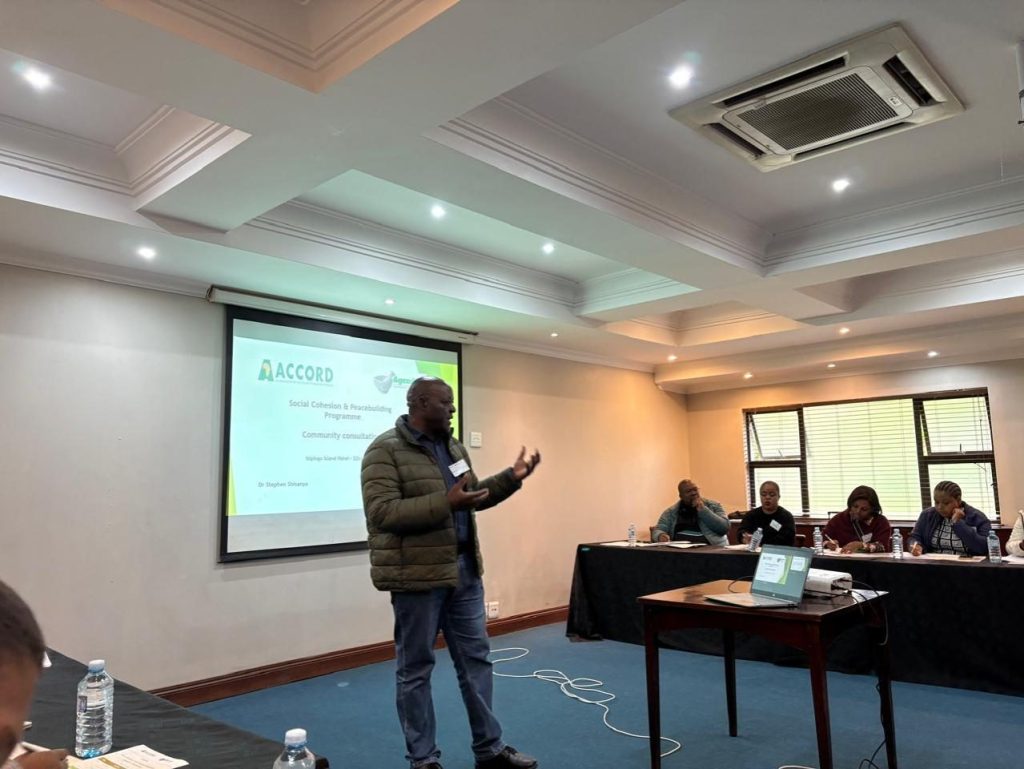
In discussions on gender-based violence and harmful social norms, participants shared personal stories of abuse and insecurity. Power dynamics, income inequality, and social expectations were identified as key contributing factors. Political exclusion also emerged as a significant concern, with reports that individuals are often marginalised from accessing services—such as food parcels, employment opportunities, and basic service delivery based on their perceived or actual political affiliations. Overall, the consultations underscored the need for inclusive, multi-faceted responses that address discrimination, economic vulnerability, exploitation, and violence, while promoting dignity, equality, and protection for all.
Building on the findings from these consultations, ACCORD will implement a series of capacity-building workshops as part of its 2025 Social Cohesion and Peacebuilding Programme. This initiative aligns with ACCORD’s strategic objective of strengthening the role of multi-dimensional stakeholders in fostering sustainable peace and social cohesion.

